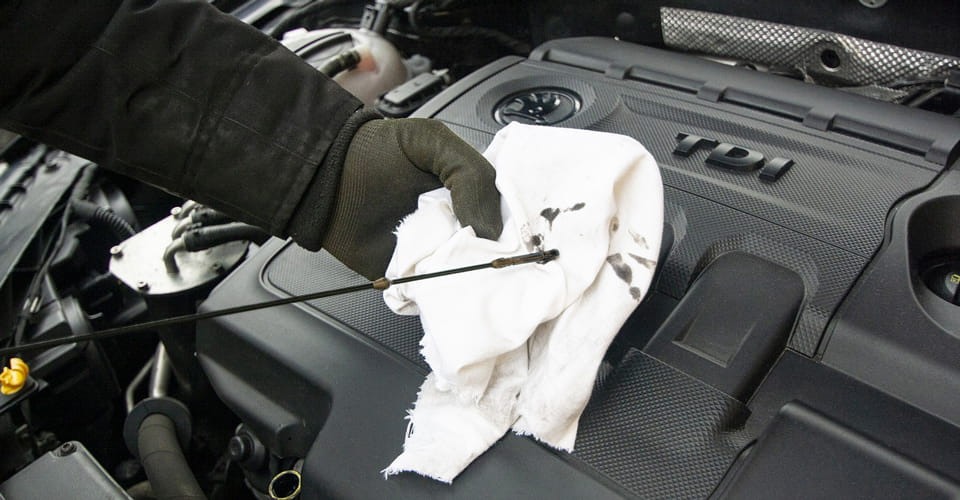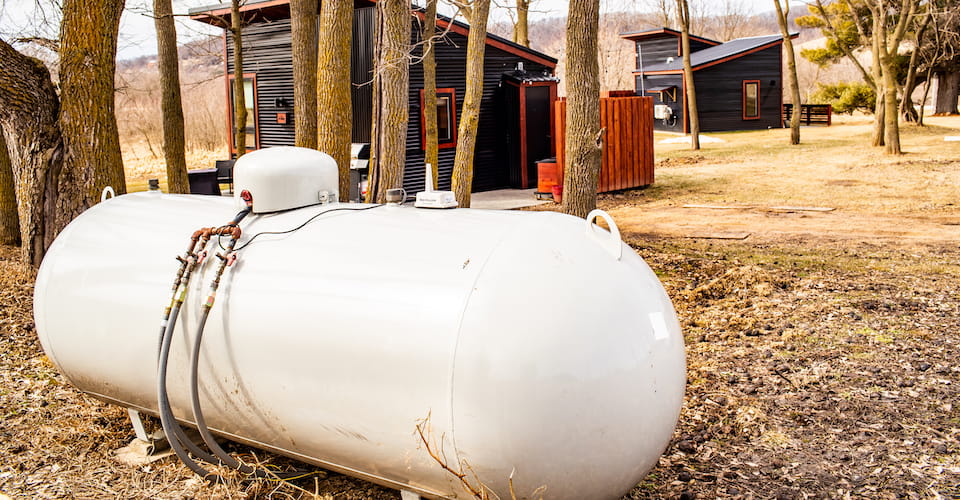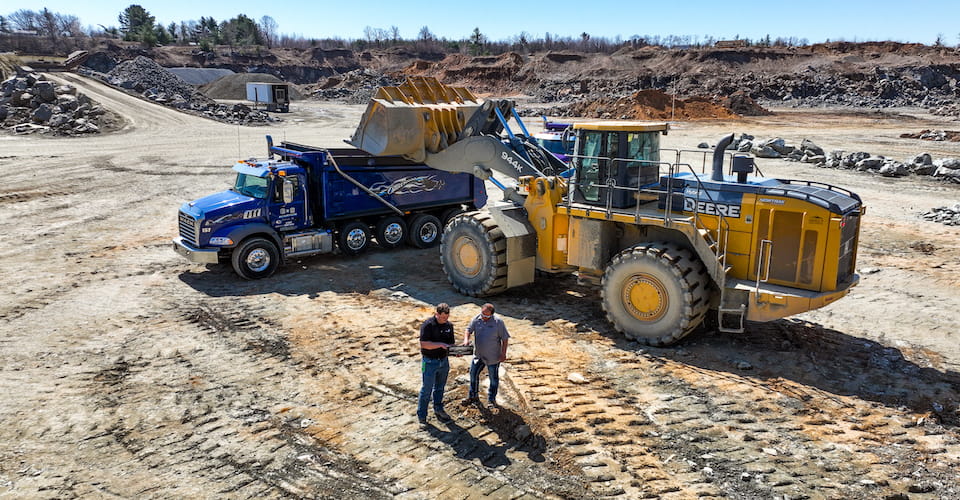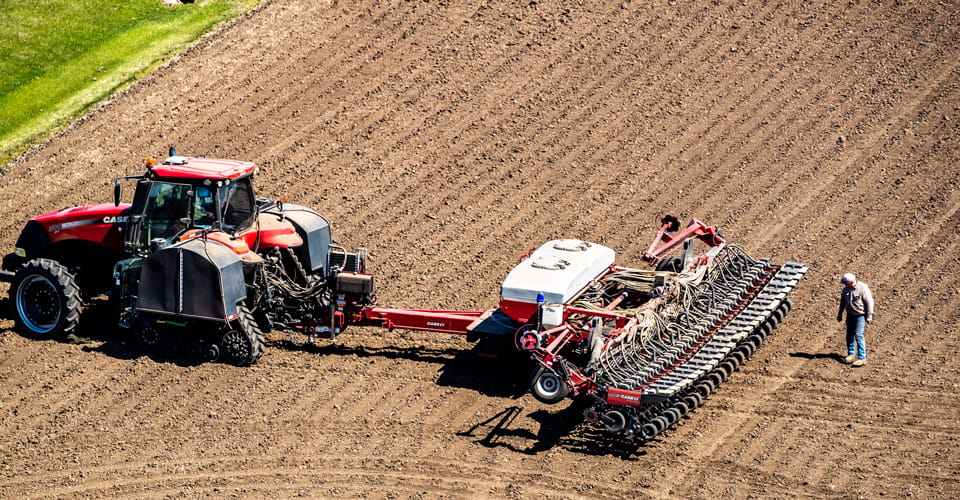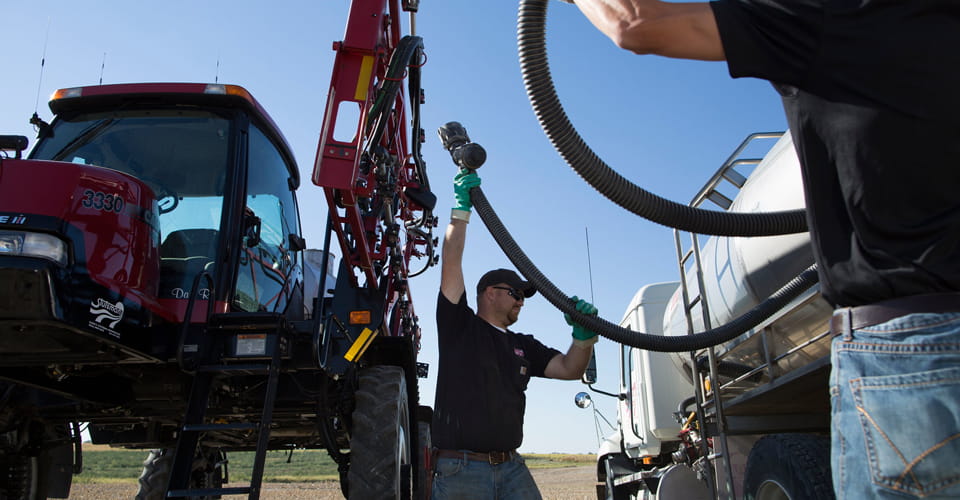
Farmers have enough on their plates without having to deal with water in their diesel fuel. If you experience pollution, there are ways to remove water from diesel fuel tanks and methods to PREVENT WATER CONTAMINATION from happening again.
Issues caused by water contamination
Water is enemy number one when it comes to diesel fuel — the two just don’t mix. Unfortunately, once water gets into diesel there are a host of potential problems that farmers can encounter. One major issue is microbial growth. Microbes live in water and feed on diesel. After microbes die, they sink to the bottom of the fuel tank.
Another key concern stemming from water in fuel tanks is corrosion. Corrosion can’t be detected right away — it’s an issue that develops over time on metal parts when water contaminates diesel and accelerates oxidation and rust formation. If corrosion becomes extreme, it can affect how fuel is distributed, ruin the fueling lines and systems in equipment, and lead to fuel filter clogging.
How to spot water contamination
If you think your diesel has been contaminated by water, here are the signs to watch for:
- A loss of RPM and power in your equipment
- Rough starting or erratic idling
- Trouble or a lag in acceleration when stepping on the pedal
- Abnormal exhaust such as white smoke
When one or more of these signs occurs, start by taking a sample from your fuel tank and letting your equipment sit overnight. If water is present in the sample, it will separate to the bottom. If the sample shows there’s water in the fuel, work with your fuel provider to pump the tank out and ensure all the water is removed.
Prevent future water contamination
The simplest way to protect your fuel tank and equipment from water contamination is by using a high-quality fuel. The newly enhanced formulation of CENEX® RUBY FIELDMASTER® premium diesel fuel is terminally injected with a combination of enhanced additives and now includes a two-phase total water management system. This two-phase system preserves the integrity of your fuel by protecting filters and injectors and safeguarding the combustion system. This one-of-a-kind fuel technology separates the gross majority of free water in diesel fuel tanks, allowing gravity to pull it to the bottom of the tank for easy drainage. Then the advanced aggressive detergency encapsulates any remaining negligible water molecules and carries them safely through the combustion chamber.




